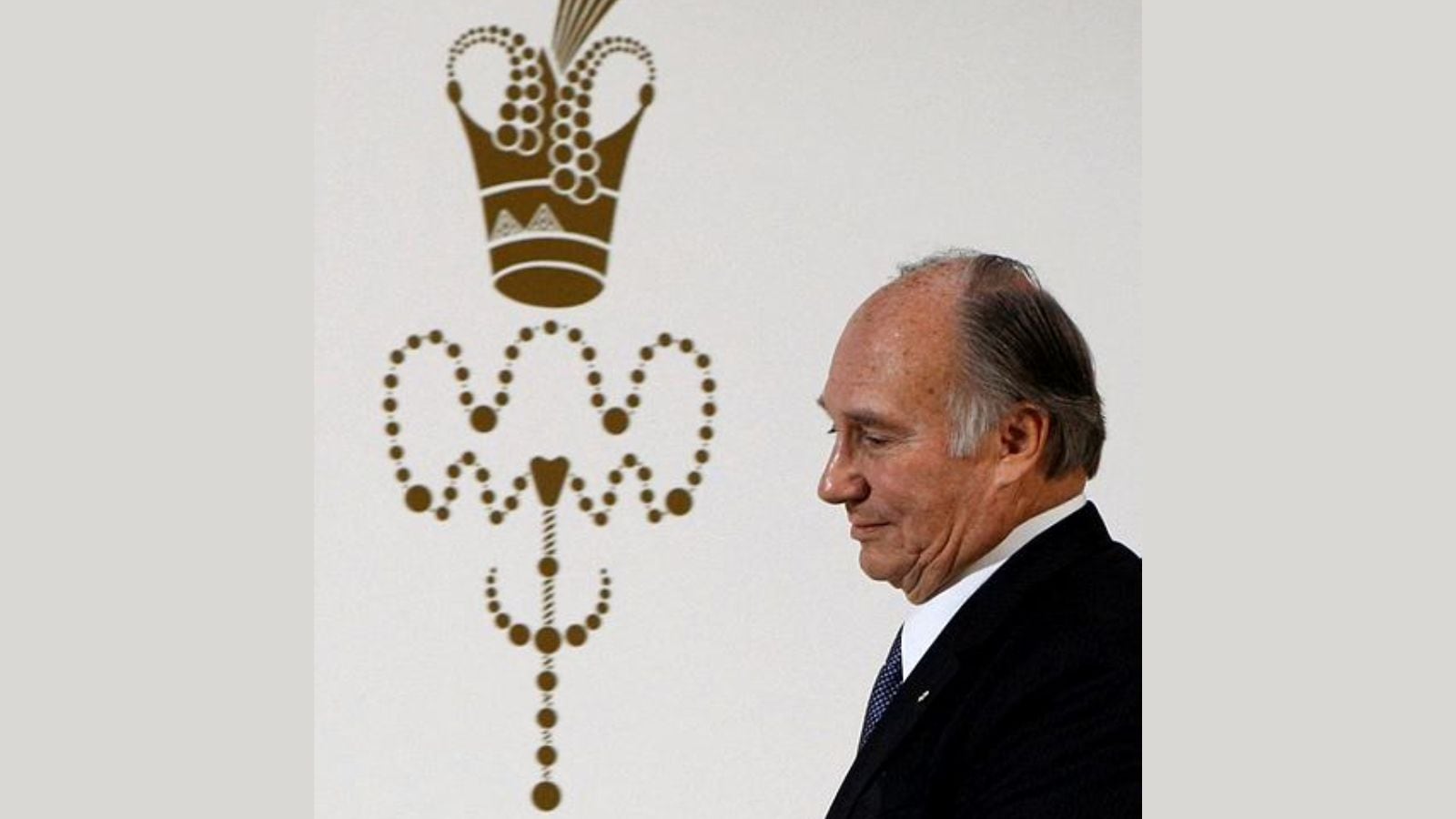The passing of His Highness Prince Karim Al-Hussaini, Aga Khan IV, the 49th hereditary Imam of the Shia Ismaili Muslims and descendant of the Prophet Muhammad (peace be upon him) in Lisbon on February 4, 2025 is as tragic as losing a father figure.
Story continues below this ad
As I sat in the silence of the night and tried to recall my more than a decade-long association with his vision, I was overwhelmed by a surge of memories. Let me cast a retrospective glance. What had appealed to me as an educator in 2013 was the vision enshrined in the Aga Khan Strands. Enchanted by this holistic narrative of cosmopolitan ethics, I fell for the strands like a moth to the flame, to borrow a Sufi metaphor. The flame is the knowledge and wisdom we are wedded to as educators. I now look back in 2025 with a deep sense of wonder and gratitude. The journey I had embarked on in 2013 has been the most rewarding aspect of my life and it continues to nourish me.
The AK Strands, an all-inclusive template for disciplinary discourses, informed my pedagogical consciousness. The strands, which offer a unifying focus to a school’s curricula, rest on five significant pillars: Ethics, pluralism, cultures, economics for development, and governance, and civil society. The stands empowered me with a “way of seeing”. I felt convinced how these aspire for civilisational excellence to realise the mission of global citizenship.
The AK Strands could be counterpoised against the theoretical linearity of any school of thought. Each strand has a set of methodological questions and insights that provoke a diverse line of thinking about the nature of contemporary issues and the human condition. These questions help to design the profile of a disciplinary enterprise by probing into the conceptual, structural, and epistemological domains of a discipline. I contend that a deeper exploration of the AK Strands would mean an exhilarating passage from disciplinary thinking to a metacognitive one, offering an animated spectrum for high-order thinking and the joy of unravelling complexity. The strands resonated with me for its union with the universe, both inner and outer.
Story continues below this ad
Let me first come to the “inner” potential of the AK Strands. A thoughtful approach to the strands will lead the teacher and the taught to the threshold of their unalloyed minds, the unspeakable joy of being. Sounds philosophical, but it is this fervent longing to seek the depths of personal knowledge that defines the spiritual dimension of the AK Stands. His vision of “the quality of life”, which takes centre stage, is a drive toward transformation, which, I believe, inspires an inner gaze to register, “What makes me human?” This inner gaze further stimulates an outer gaze at the horizon, its intriguing play of hues, shades, and tints.
most read
To get a flavor of the “outer” potential of the AK Strands, consider a few references from my teaching. As a teacher of language and literature, I feel that an eclectic internalisation of the AK Strands is an effort to inscribe cultural diversity in the study of literary and non-literary works. For example, the unpacking of the self and the world in Tagore’s poetry could be interpreted through the logic of Sufism (Rumi or Kahlil Gibran) and its cognitive mechanism. This vibrant landscape of intercultural encounter makes the AK Strands singularly pluralistic.
To cite another example, in a clash between two ideological frameworks, the primacy of his notion of cultural ethos could be examined against the proselytising drive of cultural fascism. Moreover, African nationalism through Chinua Achebe could be pressed into critical service: One through Edward Said’s binary of the Other and the other through the Aga Khan IV notion of cultural identity. If culture is endangered by the coercive instincts of political highhandedness, how could the belief in the perennial search for a common humanity be preserved? This existential angst of cultural truths finds its solace in his wisdom. Take another instance, his caveat about the paradox of technological progress is germane to Neil Postman’s technopoly or Aldous Huxley’s technological determinism. I argue that the AK Strands help in not only negotiating the nuances of pressing local and global issues of moral imperative but also initiating a debate over the legitimacy of civil society, democracy and freedom, human development, and Muslim ethics vs Western ethics.
As an ardent practitioner of the AK Strands, I bow my head in deep gratitude and believe that this hermeneutic model of knowledge is sustained by the soulful quest for renewal, reconciliation, and reconstruction in underpinning the “quality of life”. I feel a tug at my soul strings as I close my eyes in deep reverence. The Prophet’s cosmic body touched nirvana. Bismillah al-Rahman al-Rahim!
The writer teaches at The Aga Khan Academy, Hyderabad


